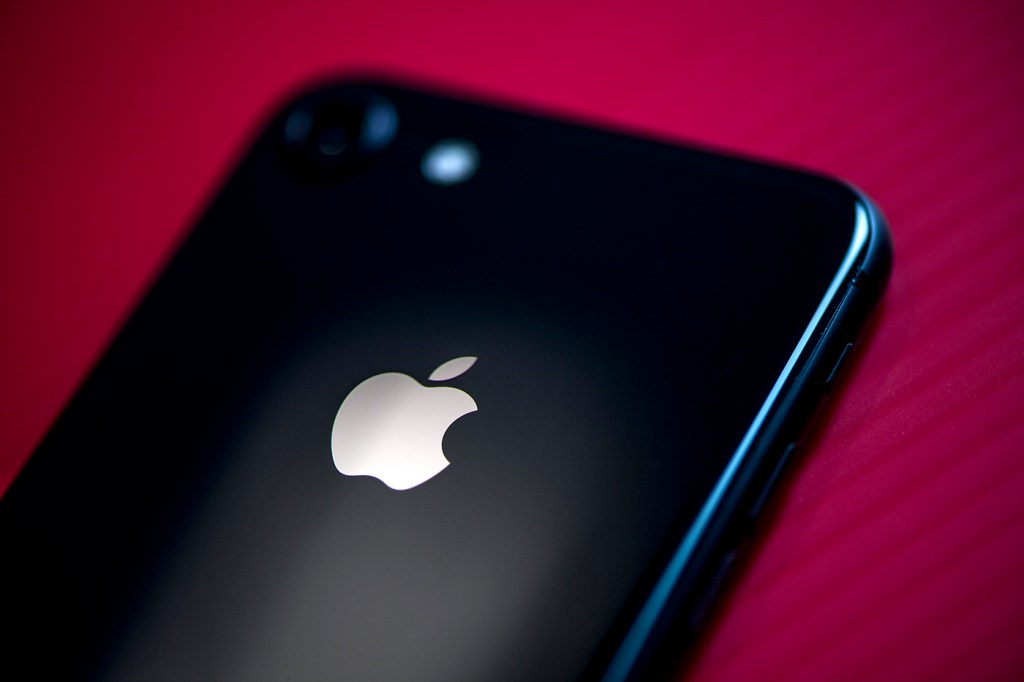Is the price of your iPhone going to go up? How supply chain shifts are reshaping the global economy

Apple is doing it. Samsung is doing it. Even Nike is doing it.
Companies are increasingly reducing their reliance on China for manufacturing and sourcing, and are setting up shop elsewhere, largely in India, Vietnam, Taiwan and Mexico.
Apple has plans to greatly expand its presence in India, and produce about 25% of all iPhones there. Right now, Apple produces about 5% to 7% of iPhones in the country, according to a report in Reuters.
In 2022, Foxconn, the Taiwan-based company that Apple uses to make its iPhone, announced that it is investing $300 million to expand and build a new plant in Vietnam.
Samsung announced this year that it will spend 260 billion won ($205.7 million) to build a new factory in India to manufacture refrigerator compressors.
In January 2022, Nike had announced that nearly 51% of its shoes were being made in Vietnam. Meanwhile, its percentage of shoes made in China had dipped to 21%. In 2006, China made about 35% of Nike’s shoes.
Companies are relying less on China for a variety of reasons, explains Nada Sanders, Northeastern University professor of supply chain management.
For one, the COVID-19 pandemic laid bare the instability of many global supply chains, and companies are still adjusting and recalibrating nearly four years later.
But will all these companies reducing their reliance on China affect consumers?

Yes, they already have, says Sanders. “It’s going to take longer for the average consumer to get products,” she says. “The other thing is they are going to pay more.”
China’s long lockdown period in particular posed challenges for companies, and they are now diversifying their supply chain sourcing as a result, she says.
“Anybody that was sourcing from China was in a very difficult position,” she says. “In a very quick response, many companies exhausted the inventories that they had, and they rapidly looked for alternative sources other than China whether it be Turkey or anywhere in southeast Asia.”
“Companies are not going, ‘Now, we are going to go back to where things were,’” she says. “So many companies went out of business. China served as a realization that companies not only had to diversify to other sources, but to also move to other regions.”
There are also larger geopolitics issues at play, Sanders explains.
Part of the reason Apple is reducing its reliance on China is because of the U.S.-China trade war, which was elevated during the Trump administration.
A Bloomberg investigation into Apple’s supply chain operations points to the possibility of iPhone prices rising as a result of the company’s contentious relationship with China and its move to other countries.
“The price of Apple products could indeed increase to reflect the potentially higher costs” of supply chain migration, said Bloomberg Intelligence’s Steven Tseng in the report. “That said, it’s possible that such cost hikes may not be fully reflected in the final prices, as that could hurt the market demand.”
Sanders has some words of advice for shoppers as supply chains shift — spend your money wisely.
“I think that the average person needs to be much more careful with regards to spending,” she says. “I think things are going to be much more expensive for quite a while.”
Cesareo Contreras is a Northeastern Global News reporter. Email him at c.contreras@northeastern.edu. Follow him on X/Twitter @cesareo_r and Threads @cesareor.






